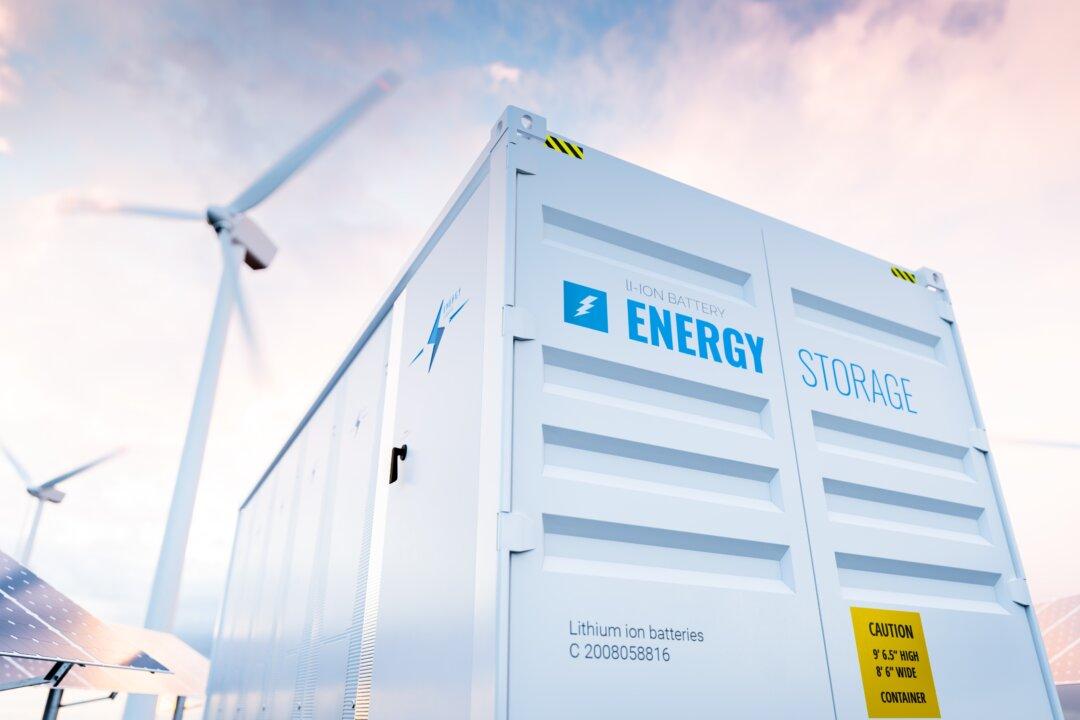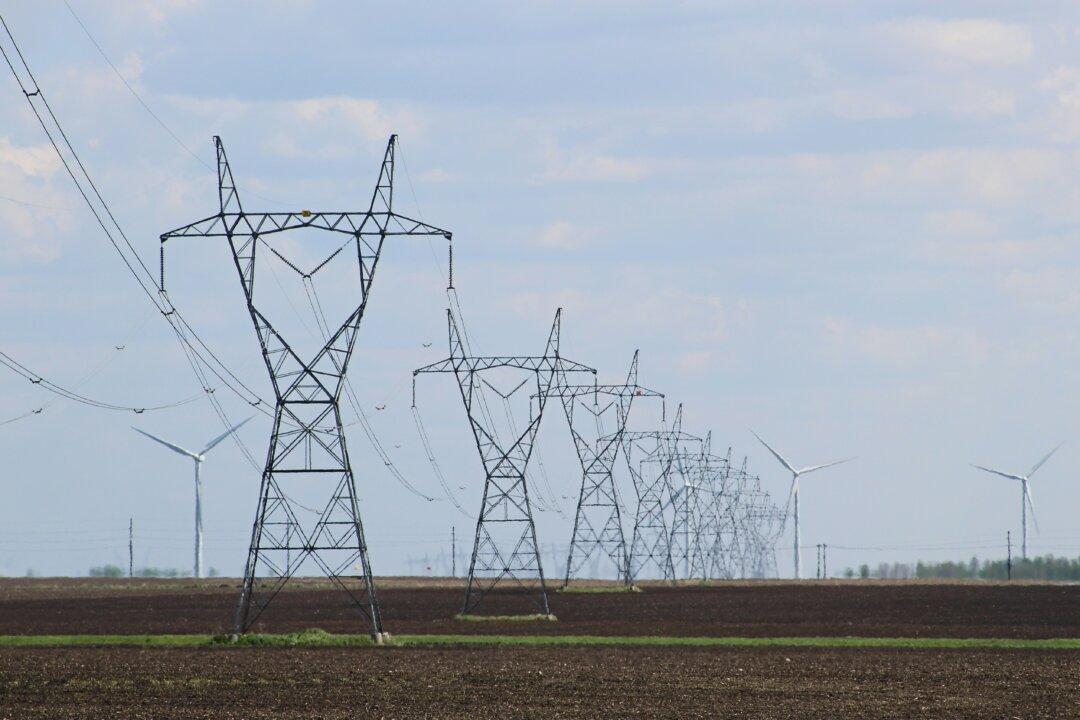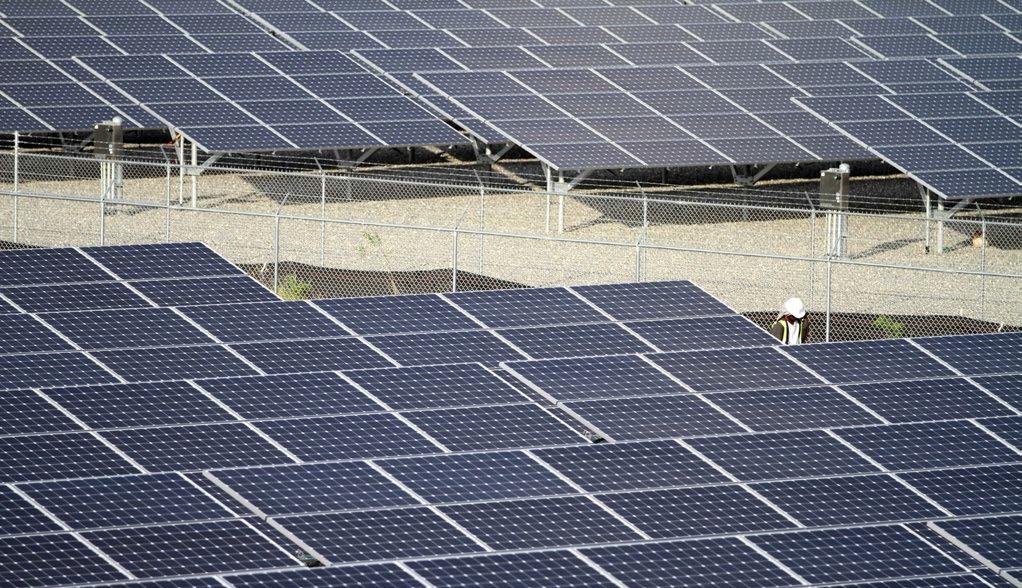Commentary
Despite Germany’s last-ditch attempt at realism, the European Union recently approved a 2035 ban on gas-powered cars, moving ahead with its “net zero” emissions agenda. In the United States, the cost of achieving net-zero carbon emissions would be staggering—$50 trillion if the goal is reached by 2050—as would the demand for raw materials, which in most cases would exceed current annual worldwide production.





